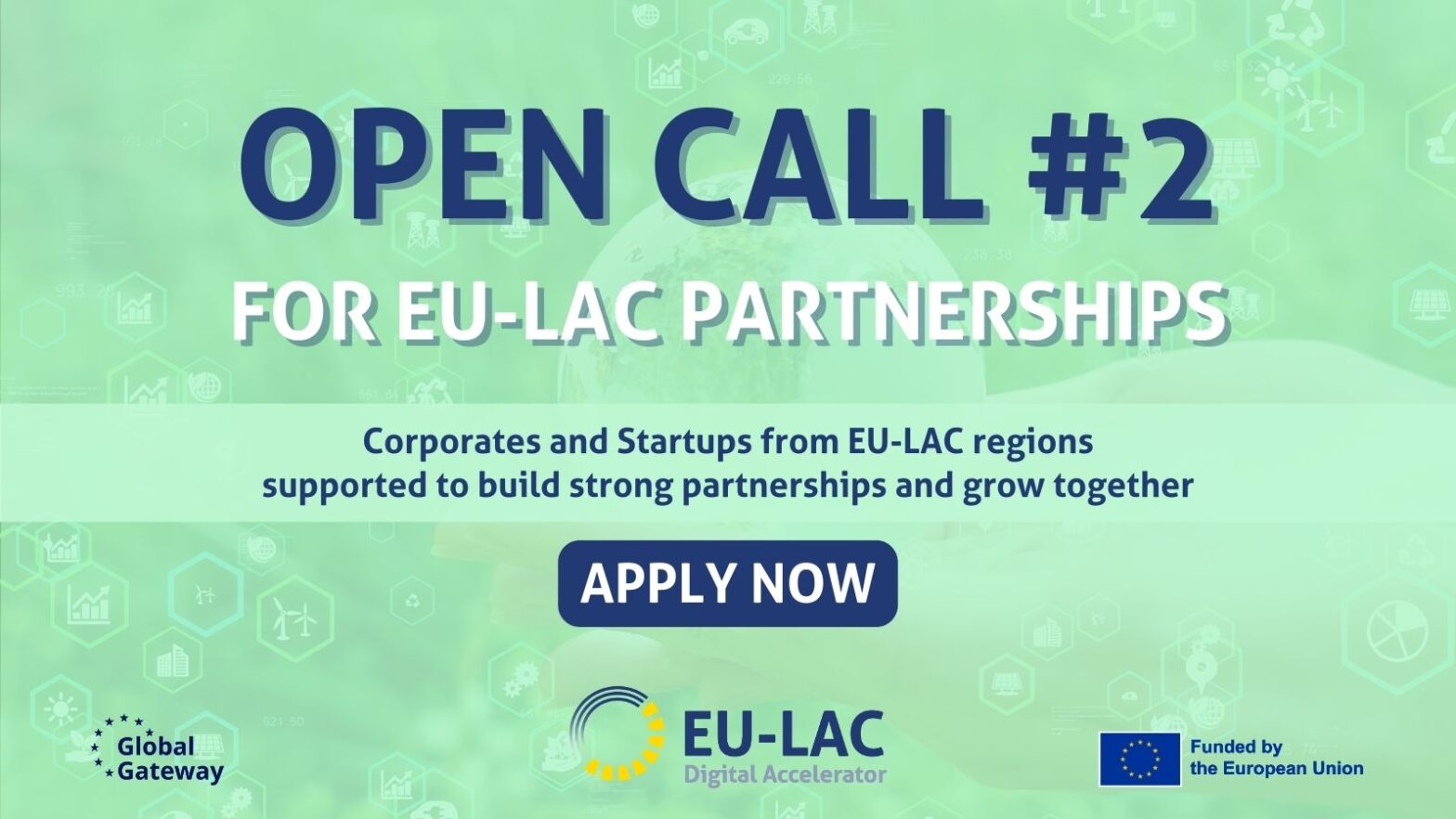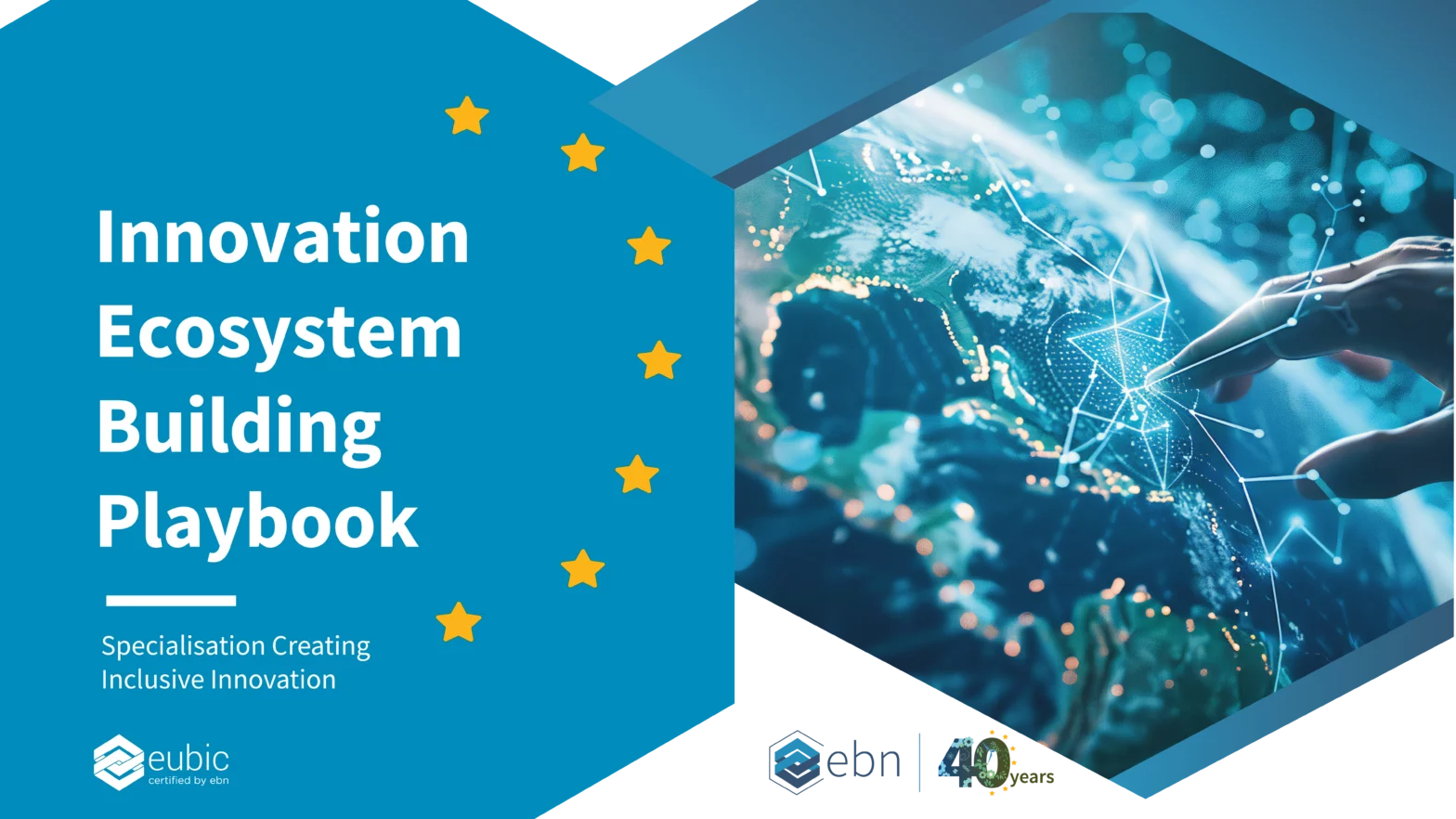How Smart Specialisation Strategies enable all places to innovate & help all regions to become the best that they can be

Author: Esther Peñalver, Managing Director at EU|BIC CEEI Murcia
With citizen’s steering the conversation, Responsible Research and Innovation (RRI) practices have the potential to mobilize European citizens and entrepreneurs around common goals-offering a multitude of opportunities to participate in change.
Excellent innovators and their supporters more and more operate from the paradigm that opening science and innovation to civil society advances human knowledge and accelerates the transformation of our communities towards more sustainable and resilient practices.
“Smart Specialization Strategies resilient practices’’, if well designed, equipped with adequate resources and properly managed, they contribute to addressing the new European challenges. Crucially, these strategies must respond to a series of key questions to ensure
their coherence but, above all, to keep them connected to the real needs of society.
Responsible Research and Innovation (RRI) seeks the participation of society in science and innovation, from the earliest stages, to align its results with the values and goals of all the actors involved, a fundamental issue for the design, implementation and evaluation of smart specialization strategies.
It is crucial to realise how innovation systems and policies have been evolving in the last decades, through different approaches. If in the 1950s it was all about stimulating industry to invest more in Research and Technology development, the 90s focused on connecting actors – fostering the creation of ecosystems and public-private partnerships.
Now, in the 2020s era, policies are more and more focused on stepping up societal transitions, with the emergence of a challenge-driven innovation policy, stimulating targeted and selective innovations.
Many persistent problems in the world, such as climate change, ageing population or economic inequity, can only be efficiently addressed if we radically change our economy and the way we
have organized society.
Formulating missions with specific goals can be a powerful tool for challenge-driven innovation policies and instruments. A mission boosts and guides regional innovation ecosystems, with both a sense of urgency and a sense of meaning.






